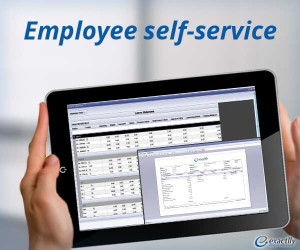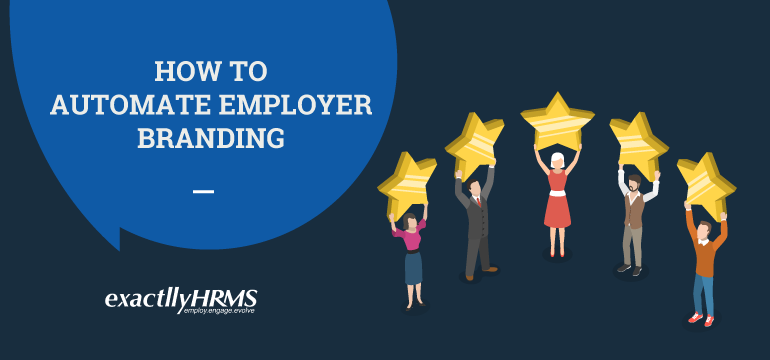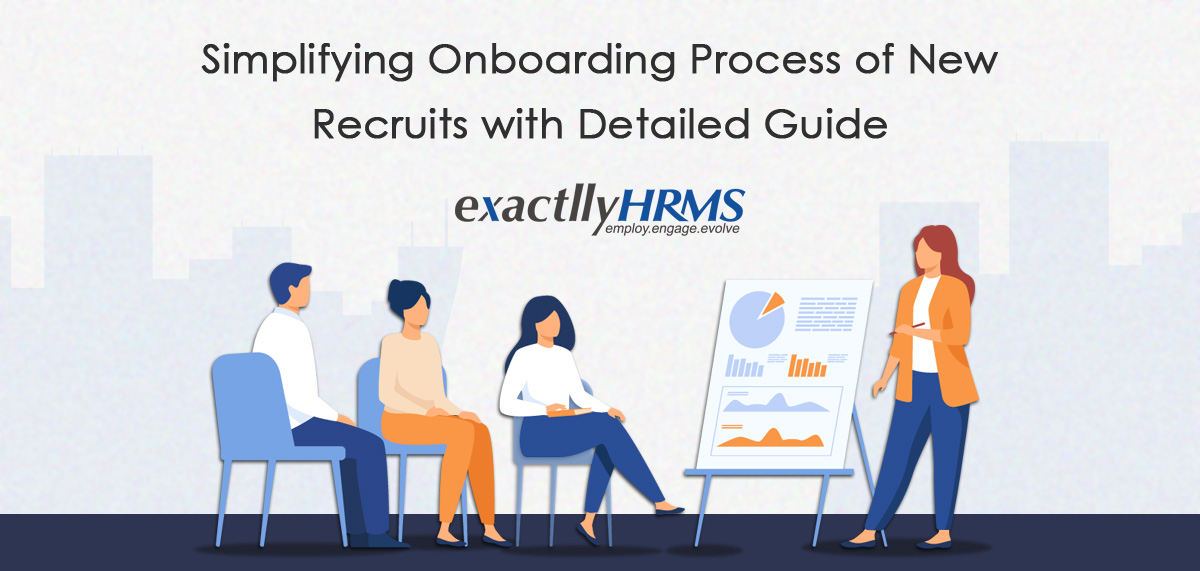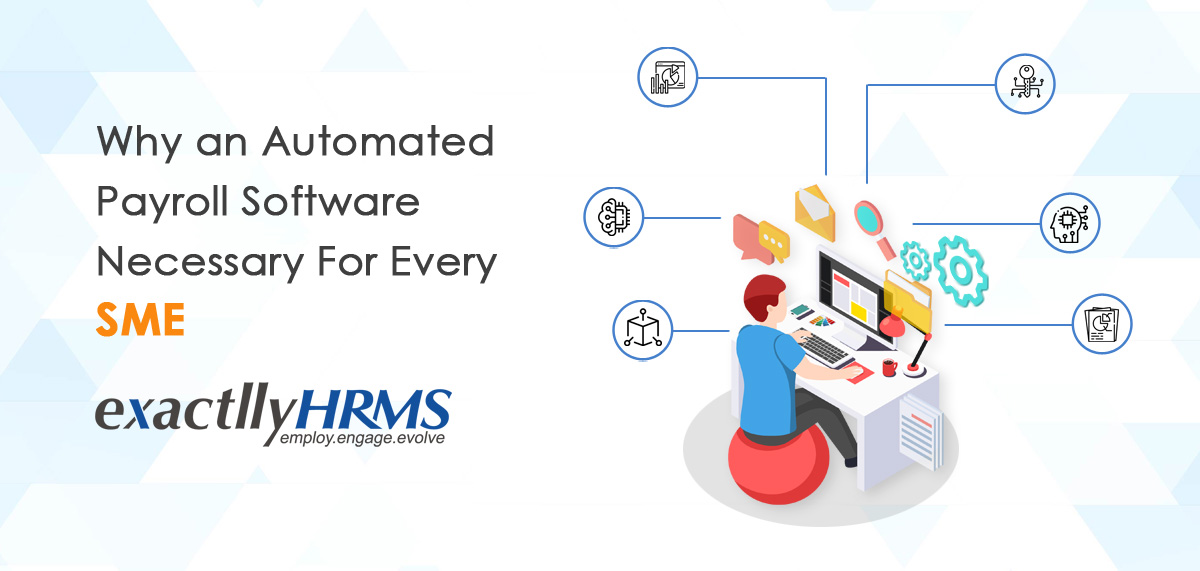HRMS Helps You to Build World Class Workforce

Workforce
Human resource management system is gaining importance among small businesses as they come with a myriad benefits helping you through recruitment to promotion besides managing the routine HR activities. It allows you to strategically manage your employee base and refine their skills to build a world class workforce. With that backdrop, let us discuss how HRMS helps your organization to build a quality workforce.
- Fill the gap between workforce skills and market demand
Market dynamics change, client’s demands change and technology continuously evolves. In such a scenario, how can you afford to keep the employee skills unchanged? Over time, employees start lacking in their skill-set. A poorly skilled workforce will be frequently accused of delivering poor service and dwindling performance. HRMS is designed to track the skill-set level of employees against a benchmark so that employers can focus on skill-development training and have a better prepared workforce. - Align individual goals with departmental objectives
Every individual sets a goal for himself while joining an organization. The day, he realizes that his goals are not achievable in the organization, they decide to move on. HRMS plays a key role in employee retention strategy. It allows the individuals to set a personal goal in their organization in line with the corporate hierarchy. Employees can use KPIs to create goals and set a target for themselves. They can track their progress at any time and improve upon it to bridge the gap. It also helps you develop critical skills across the organization. - Translate workforce activity into positive business results
The goal of your business is to achieve positive results. And it can happen only when your employees are collectively working towards it. HRMS tracks the activity of all the teams directly or indirectly involved in achieving your business goals. It points out whether there is any ambiguity in the system. Lack of co-ordination within the team and among different departments can be a major stumbling block that holds you back. - Optimize workforce and Identify high-performing employees
HRMS helps you to set up a process that determines the number of persons required to complete a particular task. The focus of HRMS should be to improve the overall quality of the workforce. HRMS helps you to identify high-performers in the team who deserve extra credit for their work and serve as a motivation for the entire team. Furthermore, it endorses compensation and designs performance management policy to attract and retain high performers. - Streamline the appraisal process
Employees are given appraisal based on their performance, potential to improve, knowledge acquisition, attitude towards self and others and contribution towards the goal of the organization. Apart from that, feedback from colleagues and superior plays a major role in determining whether the employee is suited for appraisal or not. HRMS creates a transparent appraisal process by accounting all the relevant factors. Not only does it improve employee satisfaction, but it also makes it easier for the managers to determine the right employees for the right position. - Empower your employees and managers

HRMS comes with a number of self-service features for your employees. They have an easy access to salary statements, number of hours worked, performance reviews, work schedule and balance leaves. It gives a peace of mind to employees as they are not worried about these basic concerns. They can focus more on task in hand. Most of the HRMS come with a mobile app now making it more convenient for the employees to access their own records. Besides that, HRMS gives managers an easy access to employee records thus, faster decision-making. - Gain insight
There are various risk associated with managing the workforce. We often see that managers are left clueless when they see an exodus of talented employees from the company. Issues like high attrition rate, labor unrest and dissatisfaction reduce productivity of the organization. HRMS are enabled to help the global managers in tracking and filtering key metrics by region or business unit. It helps them to forecast the performance of their workforce and resolve the perceived anomalies in time.
Concluding thoughts
Small-scale organizations often forget to value the importance of employees in their race to achieve the maximum results at a minimal cost. Cost-saving strategy does make sense in the cut-throat competitive market but employees should not be turned into scapegoats as they are the ones who lead you through tough times. Many organizations even face the risk of losing talented employees and missing an opportunity of hiring a great worker. By using HRMS, a company not only save costs but also recruit, nurture and retain the most talented employees in the field.






